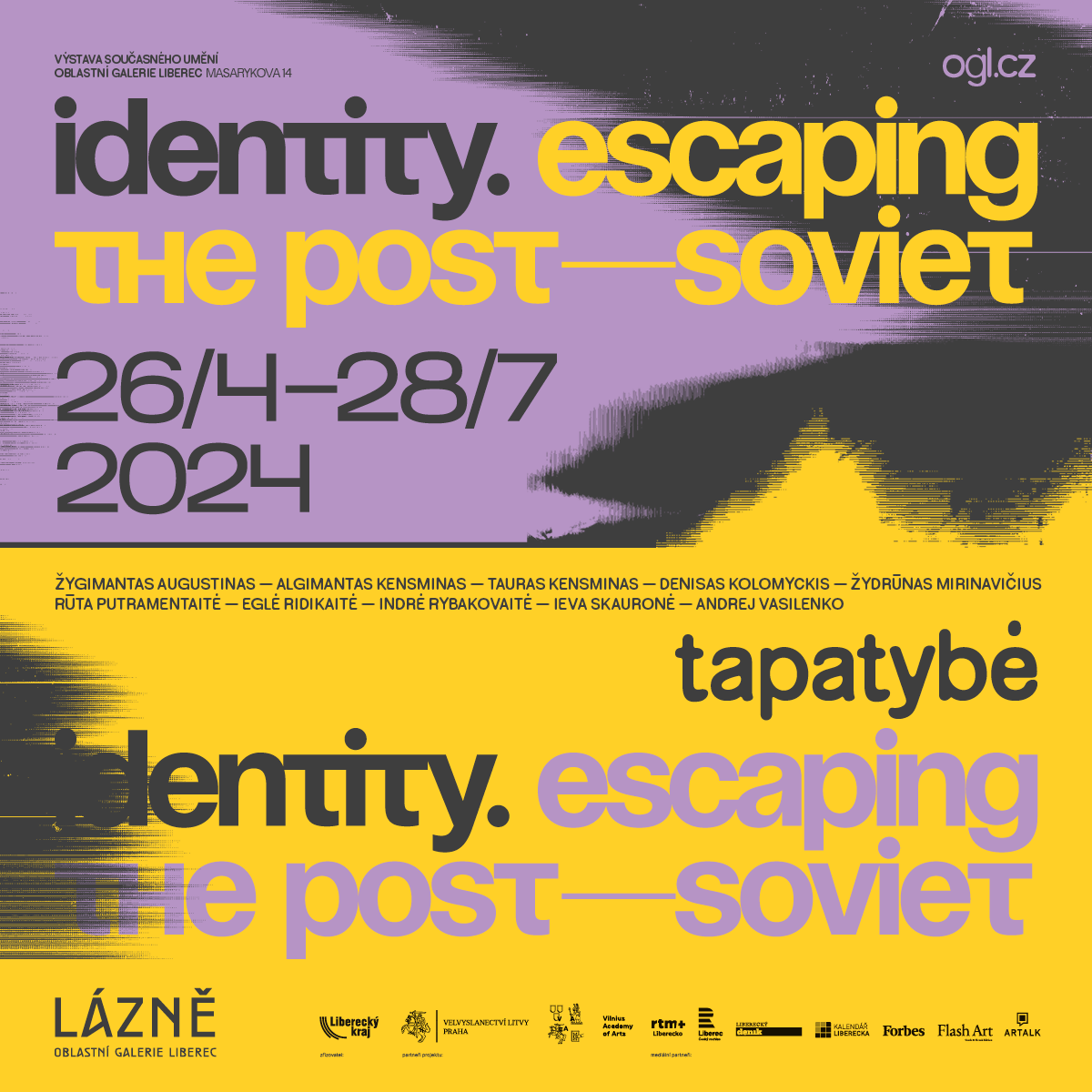The social, economic, and cultural transformation of Central and Eastern Europe at the end of the 20th century has prompted the countries and their artistic communities to re-examine their historical roots, retroflect their historical memories, and partly reinvent their identities. And though the former Captive Nations seek to discard their ‘post-Soviet’ label through active de-Sovietization and globalization efforts, the cultural and political legacy of their former regimes keep haunting their present-day lives. Despite having firmly established themselves as an integral part of the European and transatlantic community, these nations still question their cultural identity, asking which part of their culture is their own and which has been imposed by foreign oppressors. The frequent use of the concept of ‘identity’ in art indicates its significance to contemporary cultural and social contexts.
The Baltic States were one of the fastest ones to reintegrate into the Western community, but they are still suffering from the long, latent shadow of the Soviet legacy. Thus, the exhibition “Identity. Escaping the Post-Soviet” addresses the ongoing efforts to break free of this shadow. The exhibition presents ten Lithuanian artists of different generations, whose artworks represent a constant search of one’s cultural self. Overall, they are united by the constant search for their individual and cultural identity.
Artists: Žygimantas Augustinas, Algimantas Kensminas, Tauras Kensminas, Denisas Kolomyckis, Žydrūnas Mirinavičius, Rūta Putramentaitė, Eglė Ridikaitė, Indrė Rybakovaitė, Ieva Skauronė, Andrej Vasilenko.
Organized by the Embassy of Lithuania in Prague in collaboration with Vilnius Academy of Arts and Museum of Fine Arts in Liberec.
The exhibition is being held with the support of the Goverment of the Czech Republic within the 20th anniversary of the Czech Republic in the European Union.
